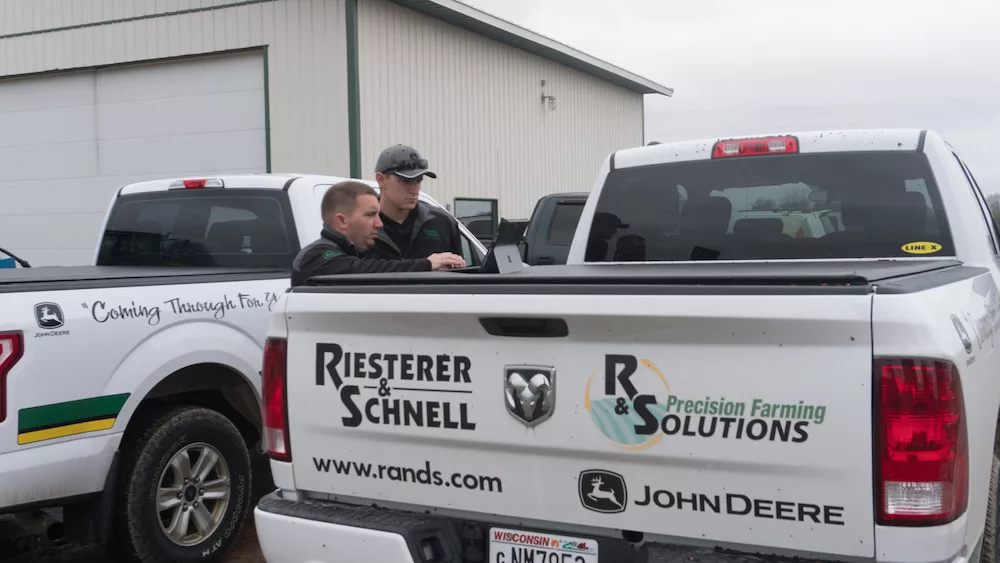“A brand is a promise — reinforce it with every touchpoint,” says Gillis West, executive vice president of sales and marketing for Koenig Equipment.
Before you can really establish your “brand,” you and everyone else in the dealership needs to truly understand what the mission of your business is. From there you can build your promise to the customer on what they can expect to be delivered through solutions, services and the unitization of your brand’s products. Your brand should represent your business — not the manufacturers of the products you sell.
To set itself apart, Agri-Service, an 11-store AGCO dealer based in Idaho, recently broke off the precision side of its business under the name Advantage Northwest. Cody Searle, precision farming manager, says they broke off as a separate branch so they could be brand agnostic and work on equipment from any manufacturer.
“If we’re going to create any brand, we have to establish a value, so it’s mandatory that we charge for the services that we provide to the customer,” says Kory Kress of Agri-Trend. “Because if we’re doing it for free, then it’s very hard to ever charge anything going forward.”
Sell Solutions
Dealers agree that your brand stems from the service and solutions you provide, not the products you sell. “Farmers will pay more for solutions than they will for a product,” says Kress. One dealer adds that you need to be the primary source of knowledge for your customers and that knowledge is what you can and should build your brand around.
However, it’s important to remember that your brand is fragile, dealers say. For all the work it takes to build and nurture your brand, it only takes one mistake or bad customer experience to ruin it. This is why everyone involved in the business needs to completely understand the mission and vision of the business, one dealer says. Dealers also commented on how it can be challenging when a customer’s poor experience was related to a product malfunction and not the dealership itself. In these instances, dealers warn it’s important to listen to the customer and work with them on the problem because they’ll remember your business as the source of the bad experience not necessarily the manufacturer.







